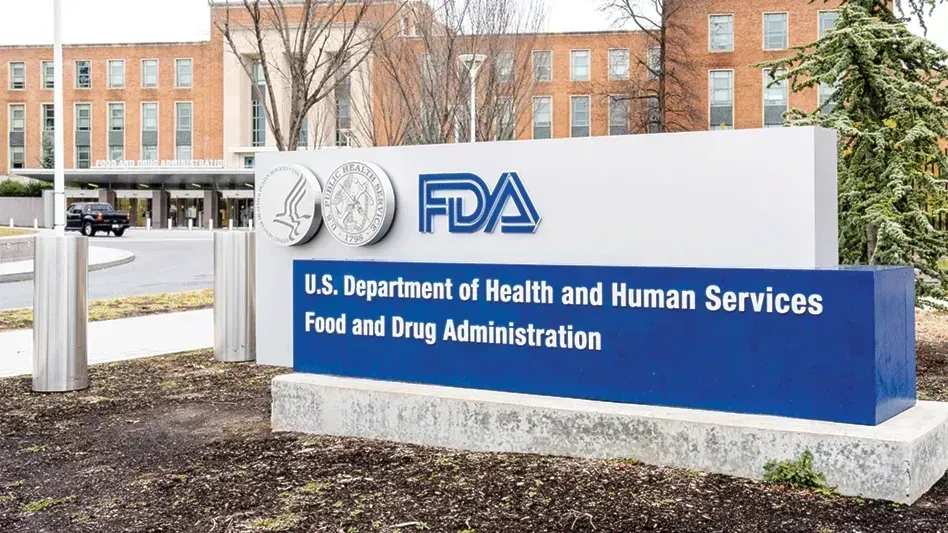
Since 2002, FDA has looked at whether a label is false or misleading from the perspective of the reasonable consumer. This is because, in FDA’s words, this standard “more accurately reflects FDA’s belief that consumers are active partners in their own health care who behave in health-promoting ways when they are given accurate health information.” (See 67 Fed. Reg. 78002-78004 [Dec. 20, 2002]). This is the same standard that the FTC has used since 1984. (See 103 FTC 100, 174 [1984]).
At first glance, the prohibition against false and misleading information seems pretty straightforward. Don’t make a statement that isn’t true. And don’t hide information about your product that a reasonable consumer would want to know. So far, so good. But of course, it isn’t quite that simple.
A couple of old cases that are still cited in today’s food law textbooks illustrate the complexity of the rule.
In the case US v. 95 Barrels, the US Supreme Court weighed in on apple cider and apple cider vinegar. The manufacturer made its product during the apple-growing season from fresh apples. But the remainder of the year, it would use dehydrated apples. Using the exact same equipment, the manufacturer would run water through the dehydrated apples, which would soak up the material ingredients from the apples.
The finished product was almost identical to the juice of fresh apples except that it contained trace amounts of sulfur, which were then removed by adding another harmless substance. The court agreed that the flavor and quality of the finished product were indistinguishable from that of fresh apples. But guess what?
The court still found that the manufacturer should have disclosed that the product was made from dehydrated apples. The court explained that a label could be deceptive even when the statements used were not technically false or were even literally true. Bottom line, in the words of the court: FDA regulations exist to enable purchasers to buy food for what it really is.
In another case, Libby v. United States, one of the United States appeals courts took a swing at catsup, or at least a very similar substance it believed was masquerading as catsup.
The offending red, tomato-like substance contained sodium benzoate as a preservative, a substance not permitted in catsup. But the manufacturer clearly stated on the label that there was sodium benzoate in the product and that the product therefore did not conform to the government’s standard of identity for catsup. That wasn’t enough for the court, however. It ruled against the manufacturer because the product still “purported” to be catsup, and the consumer would use it as catsup. Despite its honest disclaimers, the label was still deceiving because it gave consumers the impression that the product was just as good as real catsup.
FDA is in the process of reconsidering traditional standards of identity, so cases like these may become obsolete, but they still show that the regulations can be a real minefield for food producers.
Obviously, every label has to be judged on its own merits, taking into consideration consumer expectations and looking at every piece of information on the label. It is impossible to offer a foolproof way of avoiding every potential pitfall.
But perhaps the best takeaway is: Don’t try to outsmart FDA. If your true intent is to hide something material from the consumer, no matter how accurate your statements, you will run the risk of inviting unwanted attention from FDA.

Explore the May June 2020 Issue
Check out more from this issue and find your next story to read.
Latest from Quality Assurance & Food Safety
- Joint FAO/WHO Expert Committee on Food Additives Seeks Experts
- FDA Reschedules Webinar on Updated ‘Healthy’ Claim
- Thousands More Laid Off at FDA, CDC in HHS Restructuring
- USDA Extends Deadline on Request for Information for Poultry Quality Standards
- Dessert Holdings Issues Allergy Alert on Undeclared Pecans in Favorite Day Cheesecake
- Idaho Smokehouse Partners Recalls Beef Sticks Due to Possible Foreign Matter Contamination
- IDFA Leadership Symposium Set for June 23-26
- FDA Publishes Searchable Web Page for Food Allergen Labeling Guidance






